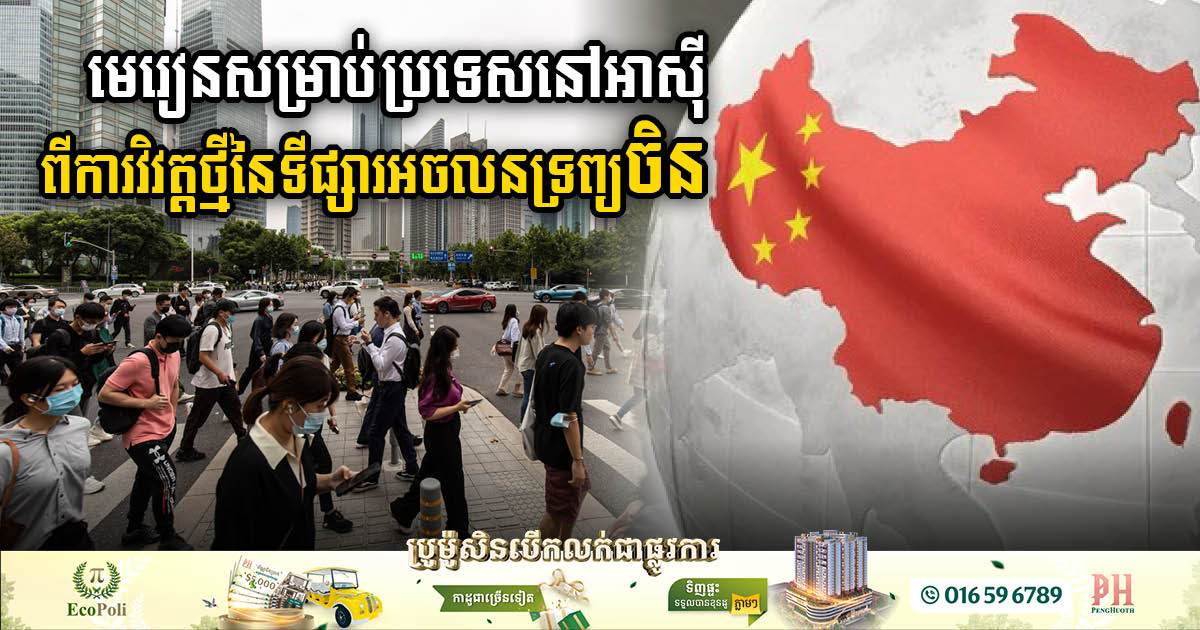ADB Forecasts Sustainable Economic Growth for Cambodia in 2025 and 2026
In a promising outlook for Cambodia’s economy, the Asian Development Bank (ADB) projects a growth rate of 6.1 percent for 2025 and 6.2 percent for 2026. The positive forecast, detailed in the Asian Development Outlook released on April 9, highlights a steady trajectory driven primarily by robust external demand for manufactured goods and the ongoing […]
In the first three months, capital investment from China to Cambodia up to 56.23% of the total investment capital
In the first quarter of 2025, Chinese investment in Cambodia has reached a remarkable 56.23% of the total registered capital, amounting to USD 2.5 billion across 172 ambitious projects. This impressive influx includes six expansions of existing production facilities, which are anticipated to create nearly 120,000 jobs nationwide, significantly contributing to the country’s economic growth. […]
Four Major Companies Plan to Further Investment in Cambodia’s Automotive and Electronics Sectors
Four prominent automotive and electronics companies are gearing up to expand their investments in Cambodia, aiming to bolster the nation’s economy. This commitment was announced during a recent study visit by HE Chea Socheat, Deputy Director of the Cabinet of the Council for the Development of Cambodia, on March 31, 2025. During the visit, HE […]
Smart Eden Expands Cambodian Product Exports to France
In a significant development for Cambodia’s export market, Smart Eden has announced plans to expand the export of Cambodian products to France, bolstered by a robust distribution network of over 6,000 locations across the country. This major announcement was made during a meeting with HE Hem Vandy, Minister of Industry, Science, Technology and Innovation, and […]
Cambodia Kicks Off 2025 with Impressive Tourism Revenue: Nearly USD 20 Million in Ticket Sales!
Cambodia is off to a remarkable start in 2025, reporting nearly USD 20 million in tourist ticket sales during the first quarter! According to the Angkor Foundation’s recent report, the country generated a staggering USD 19,532,487 between January and March, with visitors flocking to iconic sites such as Angkor Wat, Koh Ker, Beng Mealea, and […]
Cambodia’s Star Casino Asset at Centre of Donaco’s USD 55.6 Million Takeover by On Nut Road
Donaco International’s flagship Cambodian asset, the Star Vegas casino and hotel complex in Poipet, is now at the heart of a USD 55.6 million acquisition deal by On Nut Road, a Hong Kong-based special purpose vehicle managed by Argyle Street Management. As part of the takeover, shareholders will receive USD 0.045 in cash per Donaco […]



 ខ្មែរ
ខ្មែរ







